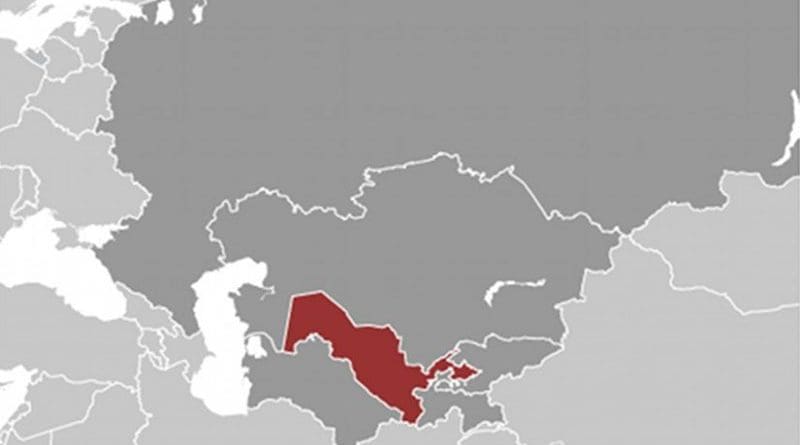Uzbekistan’s Constitution: Three Major Changes Introduced And One Even More Important Provision Left Unchanged – OpEd
By Paul Goble
Ever since Shavkat Mirziyoyev won the presidency in Uzbekistan, he has called for revision of that Central Asian country’s constitution. After more than 220,000 proposals for change were sent in by the population and after 65 percent of the document was changed, the new draft is set to go to the voters for approval.
It contains three major changes and one, perhaps even more important provision, left unchanged (ng.ru/cis/2023-03-12/5_8677_uzbekistan.html). The three changes include:
1. The existing constitution declared the principle of “the state, society, and the individual.” The new one reverses that and puts the interests of the individual in first place, perhaps the most radical shift in a fundamental law in any of the 12 former Soviet republics since 1991.
2. The existing constitution did not address whether Uzbekistan must be a secular state. The new version does so, potentially opening the way to more sweeping crackdowns against those who favor Islamicizing the most populous country in the region.
3. The existing constitution is a presidentialist one that leaves the parliament with few powers against the president. The new version specifies that Uzbekistan is a mixed presidentialist-parliamentary regime in which the latter’s powers are significantly increased and those of the former correspondingly reduced.
The most important unchanged provision concerns the status of Karakalpakistan, the autonomous republic whose legal and constitutional standing Mirziyoyev wanted to downgrade. That prompted massive protests in the autonomy and forced the Uzbekistan president to back down.
In reporting this, Viktoriya Panfilova of Moscow’s Nezavisimaya gazeta uses language that applies to far more than Karakalpakistan and far more than the country of which it is apart. After noting the Mirziyoyev wanted to eliminate both the declaration that Karakalpakistan is a sovereign state and has the right to secede, she writes the following:
“De facto, Karakalpakistan never had and does not have any sovereignty. It has only state symbols, a flag and a coat of arms. It is one of the chief recipients of subventions and subsides from the republic budget of Uzbekistan.” (stress supplied)
That is a declaration that many in the non-Russian republics of the Russian Federation would suggest corresponds to the status they actually have within that country.

